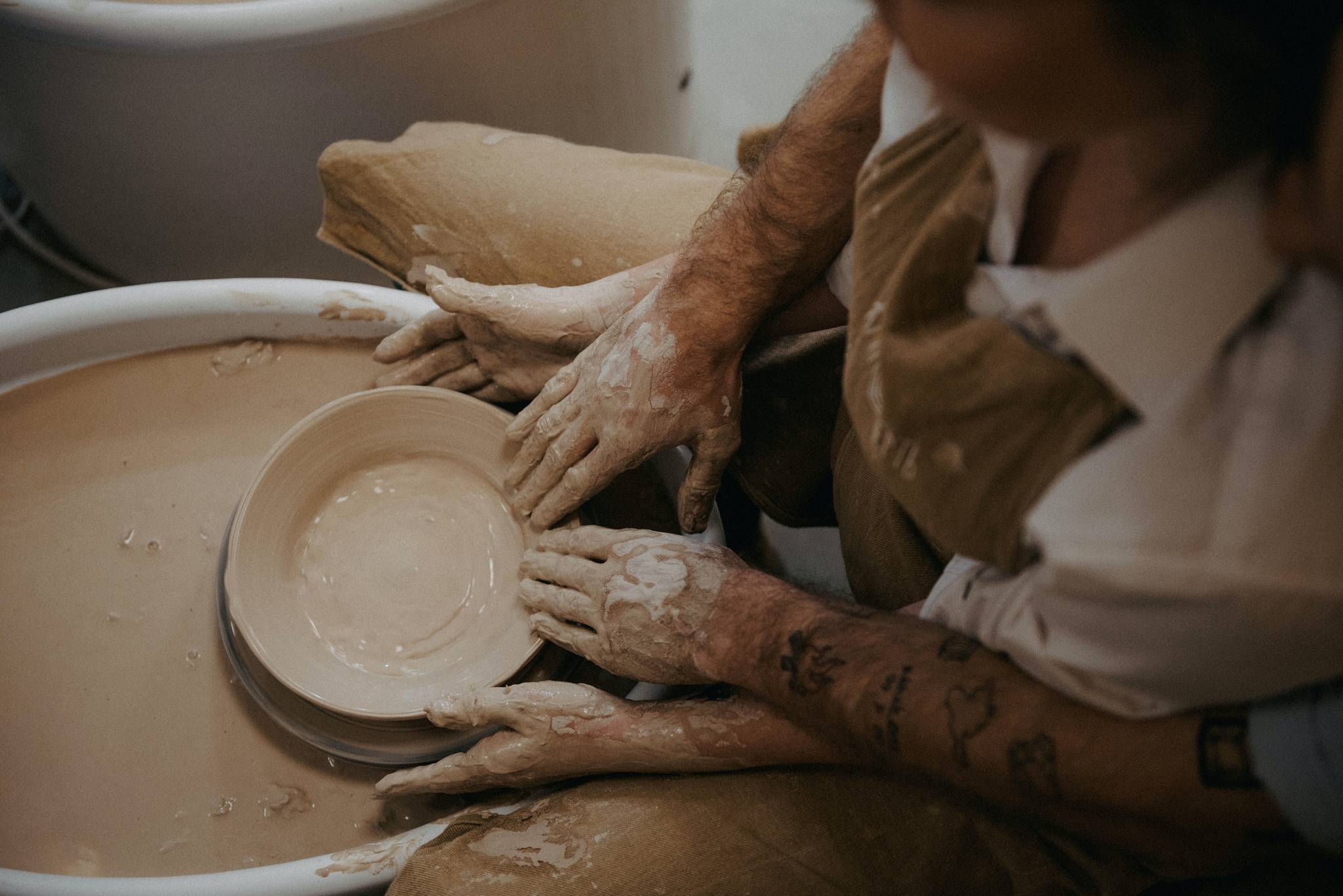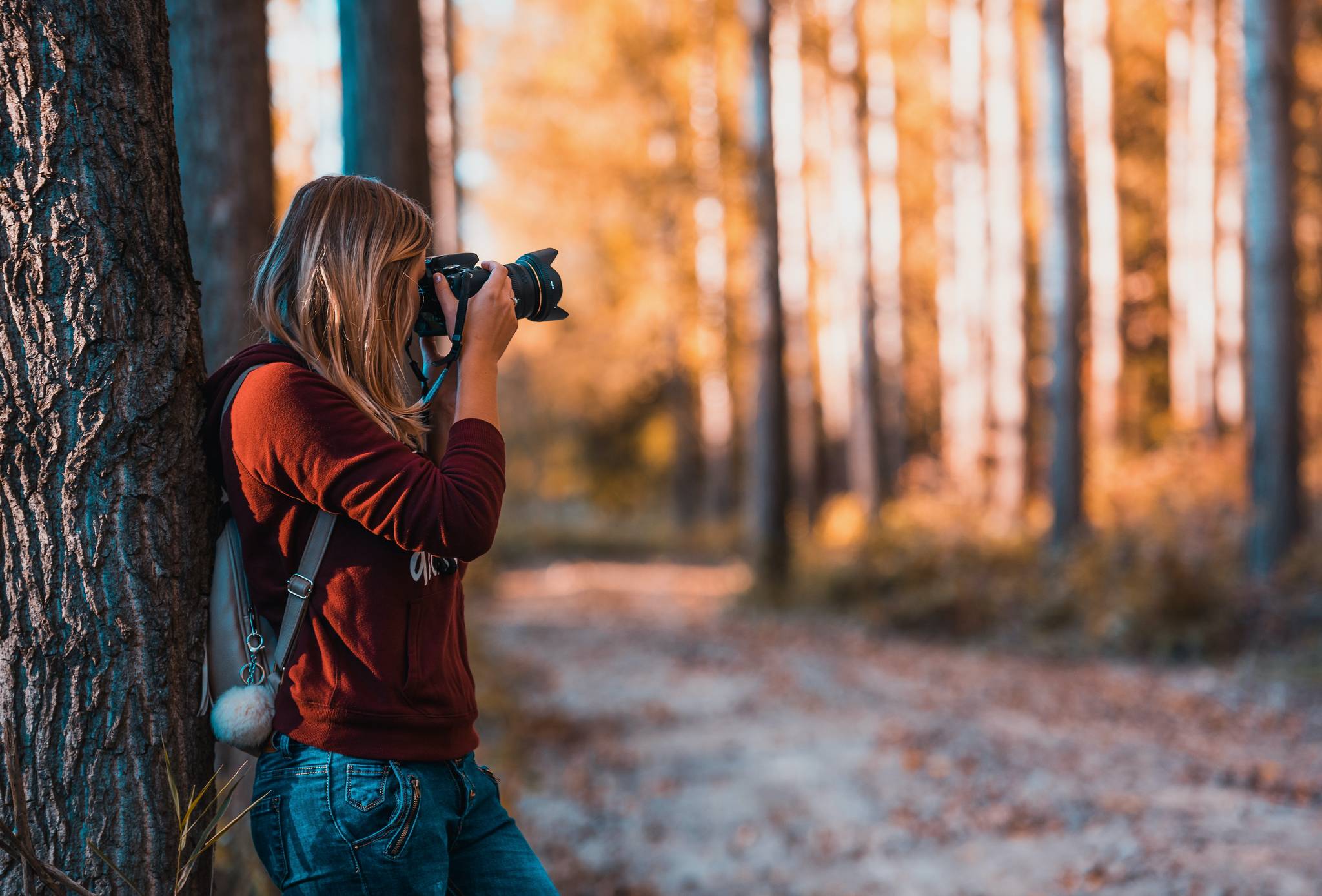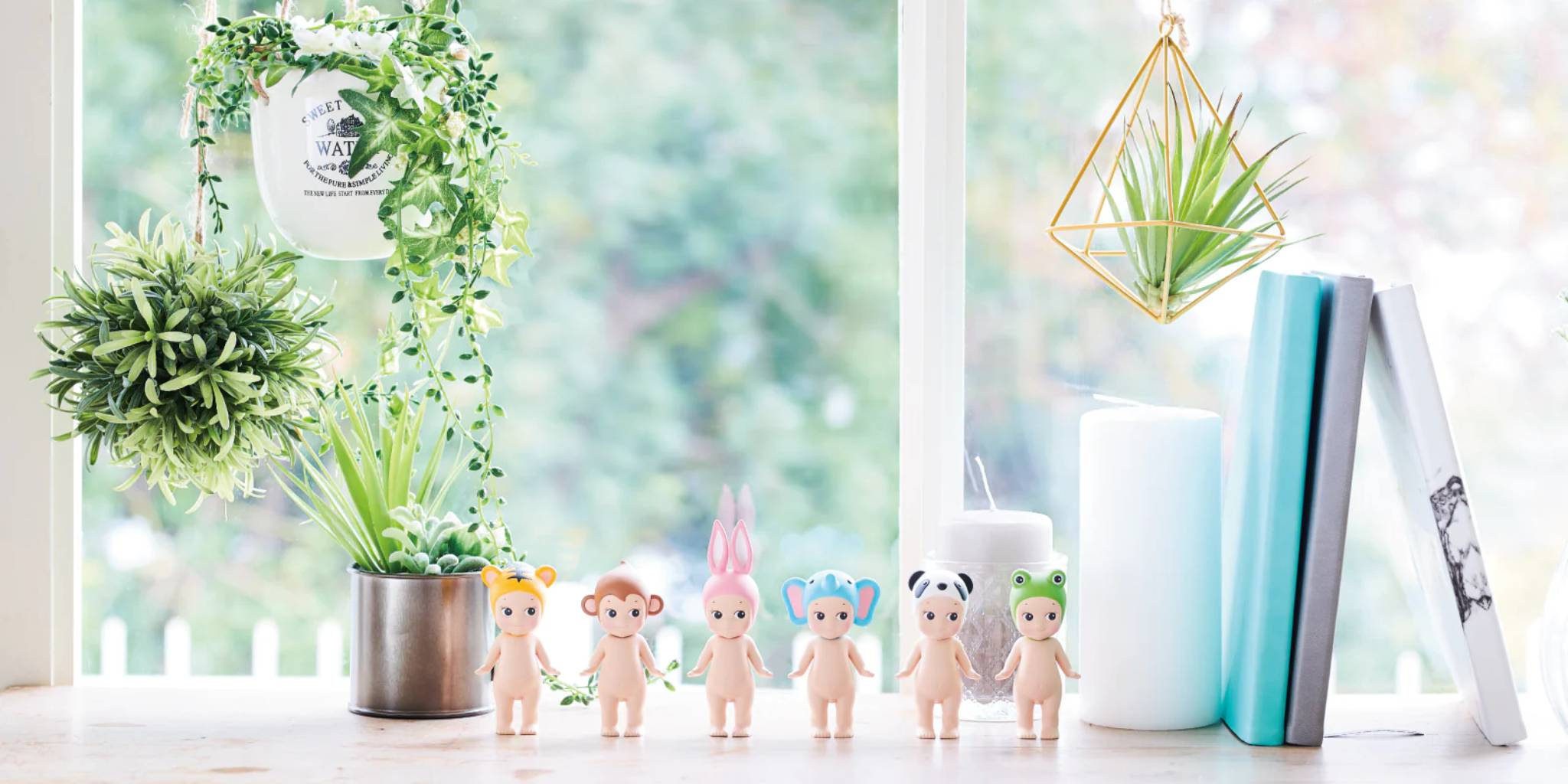
Hobbies used to be a way to relax and unwind, but the cost of living crisis is forcing people to monetise every aspect of their lives including their downtime. As hobbies become more about profit and productivity than personal pampering, what does that mean for how people relax and unwind?
It used to be said that everyone should have a hobby. A way of unwinding and relaxing, taking some time out of the real world and escaping into a niche interest just for themselves. But these days the monetisation of hobbies is rampant, placing hobby culture in unchartered territory.
Enjoy crocheting? Start an Etsy store. Got green fingers? Start a gardening Instagram account with affiliate links. Big gamer? Get on Twitch and hustle for subscribers. As the entrepreneurial mindset becomes the norm, it's becoming more difficult for people to switch off as hobbies become about bringing in some extra cash.
In fact, hobbies have basically been rebranded to be side hustles. Statistics from a Bankrate survey show that as many as 39% of Americans have a side hustle, rising to 50% of Gen Yers and 53% of Gen Z. And these side hustles can be lucrative – the study also showed that the average income from extracurricular earnings was $810, with 15% of hustlers saying they bring in more than $1000 a month.
While this might seem like people casually seeing an opportunity to monetise their interests, the cost of living is forcing people to reassess their relationship with money and look for ways to maximise their earning potential – even if that means taking something that they love and turning it into a secondary income.
In fact, statistics show that 33% of those people in the US with a side hustle say that they need the money for day-to-day living expenses, and 44% believe that they will always need that additional income stream to help them get by. But what does that mean for hobby culture?
Hobbies were once a way to relax and switch off – but that's nearly impossible to do if money enters the equation. As a result, people have less downtime as their hobbies get swallowed up by feelings of both guilt and necessity for many that they should be using their interests and free time to boost their finances.
Much has been celebrated about the younger generation's entrepreneurial spirit as Gens Y and Z set out to make their own way in life. They rally against conventional 9 to 5 jobs, they're pushing back against hustle culture and they’re sidelining girl boss mentalities – there has been a serious vibe shift.
It's one thing to try and turn a side hustle into a main paycheck because you want to be your own boss, but feeling forced to do so in the current economic climate is another thing. Can hobbies truly prevail given the majority of people's current lived realities are unpredictable and uncertain?
The unstable nature of the world and the chaos that is around seemingly every turn would suggest that now is the time that we need hobbies the most. As the cost of living continues to rage on and as people seek calm within the storm, perhaps the meaning of hobbies will shift to become less about monetization and more about meaningful pleasure.



